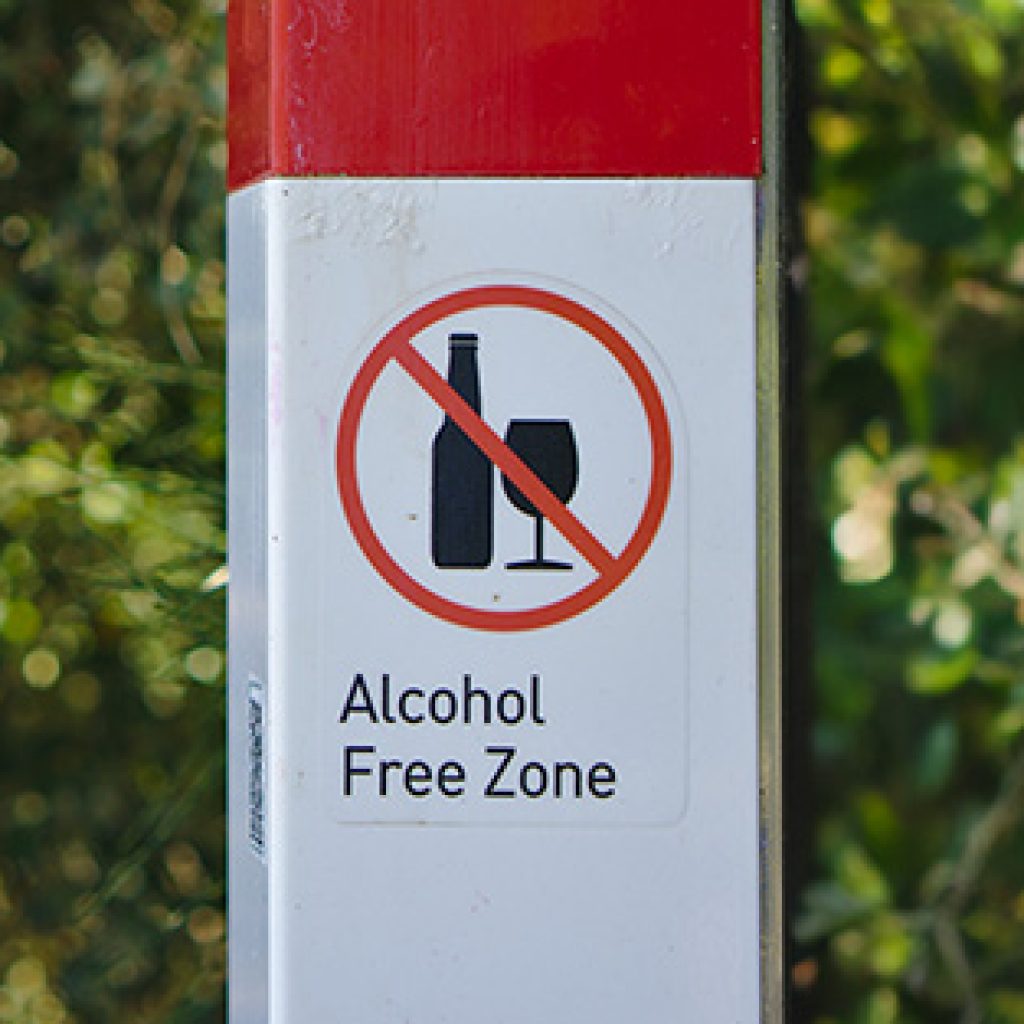8 Key Findings on the Connection Between Sleep and Mental Health
Sleep is essential to mental health. Research shows that there is a bi-directional relationship between the amount and quality of sleep a person gets and their mental health. For example, mental health disorders tend to make it harder to sleep well, and poor sleep can contribute to worsening mental health problems. While both sleep and mental health are complex, there are many related factors, and research points to a close association between good quality sleep and mental health. Sleep can be an important component of care plans.
While sleeping the body is able to restore, repair, and rejuvenate. Sleep restores the cells in the body, and toxins are washed away from the day. During sleep, the brain goes into repair mode, and neuronal connections are activated. When a person doesn’t get adequate sleep, the overall blood flow to the brain is decreased, which disrupts memory, concentration, and the ability to think clearly. In addition, poor sleep has been associated with Type 2 Diabetes, Depression, Anxiety, ADD, Alzheimer’s Disease, Parkinson’s Disease, Stroke, Psychosis, weight gain, and poor lifestyle choices (Amen, D., 2017).
Having trouble falling asleep, experiencing frequent sleep disruptions, and feeling fatigue throughout the day are all signs of poor sleep hygiene. Poor sleep hygiene is fueled by our daily habits. The basic habits of good sleep include:
✔ Getting enough sleep: Adult 18+ need 7-9 hours of sleep.
✔ Getting good quality sleep: Getting uninterrupted sleep is important for sleep health. During the night our body goes through distinct sleep cycles. There are four sleep stages in each sleep cycle, and each sleep cycle lasts approximately 90 minutes. Successfully completing each stage is important to the restorative process of sleep. It is ideal to get 5 -6 sleep cycles per night (Suni, E., & Dimitriu, A., 2020). For more in-depth information on sleep cycles and sleep stages, visit the National Sleep Foundation.
✔ Practicing good sleep hygiene: Sleep hygiene begins the moment a person wakes up, and is comprised of several health behaviors throughout the day.
✔ Addressing stress: Increased stress has been associated with poor sleep. Practicing stress-management techniques during times of stress can help a person sleep better.
✔ Addressing underlying conditions: Poor sleep can be attributed to underlying health conditions. If experiencing poor sleep, talk to a provider who can help (i.e., sleep specialist)
The National Sleep Foundation recently published their annual poll to understand how many Americans are engaging in health behaviors that are associated with poor sleep. Here’s what they found (National Sleep Foundation, 2022):
The natural light/dark cycle has a powerful impact on our circadian rhythm. The more daylight you are exposed to during the day, the more alert a person will feel.
Movement helps a person to fall asleep faster and stay asleep throughout the night.
What a person eats, and drinks impacts sleep. Large meals too close to bedtime tend to impact sleep, along with caffeine and alcohol.
The light from screens negatively impacts a person circadian rhythm.
As you can see, health habits have an impact on sleep. In addition, here are eight key research findings that highlight the connection between sleep and mental health (Suni, E., & Dimitriu, A., 2020):
- 75%of people who experience depression report symptoms of insomnia. Sleeping problems have historically been attributed as a side effect of depression, but there is growing research that insomnia may induce or worsen depression.
- 90% of veterans with combat related PTSD experience symptoms of insomnia. People with PTSD often experience re-occurring, unwanted, distressing thoughts, and often experience nightmares, along with hyperarousal which can inhibit sleep.
- Anxiety disorders have a strong association with sleep problems. Worry, fear, and hyperarousal all contribute to insomnia. In addition, chronic insomnia may be a risk factor for developing an anxiety disorder.
- People who experience bipolar disorder often see their sleep connected with the state of their mood. During manic periods, a person may sleep much less than during periods of depression. Between episodes of mania and depression, sleep disruption is often reported. Treatment of insomnia has been shown to help improve mood fluctuations for people who experience bipolar disorder.
- People who experience schizophrenia are more likely to experience insomnia, along with circadian rhythm disorders. In addition, some medications used to treat schizophrenia worsen sleep. Treating sleep problems for people who experience schizophrenia have been shown to have improve treatment outcomes.
- People with ADHD may have trouble falling asleep, frequently wake up, or feel extreme daytime sleepiness. People with ADHD also tend to experience higher rates of obstructive sleep apnea and restless leg syndrome.
- Children and adolescents who are on the autism spectrum are more likely to experience sleep problems, such as insomnia and sleep-disordered breathing. Sleep problems can contribute to decreased quality of life and worsening symptoms of Autism.
- People who experience sleep problems are at increased risk for suicidal behaviors (Suni, E., & Dimitriu, A., 2020).
It’s clear that sleep is important to both our physical and mental health, yet clinicians don’t often ask about sleep. For example, one study found that only 43% of primary care provider’s ask about sleep, whereas 80% ask about exercise, and 79% ask about healthy diet. In addition, only 16% of providers believed it was important to talk about sleep with their patients, even though patient’s identified sleep as being one of the most relevant aspects of their health and quality of life (Grandner, M. A., & Malhotra, A., 2015). One important thing a clinician can do is ask about sleep, and what patients are noticing about how they feel when they wake up.
Here is a list of basic questions that may be helpful when thinking about how to ask your client about sleep:
- How are you sleeping?
- How well rested do you feel when you wake up in the morning?
- When you go to bed, how long does it take for you to fall asleep?
- How do you feel during the day?
- How restful is the sleep that you get?
- If you wake up in the middle of the night, do you easily fall back to sleep?
- Do you wake up too early in the morning, and find you are unable to go back to sleep?
- What would your best slept self-feel like?
When a person is struggling to improve the quantity and quality of their sleep, there is a treatment protocol that has been shown to be effective – Cognitive Behavioral Therapy for Insomnia (CBT-I). CBT-I includes cognitive, behavioral, and educational components. In a CBT-I session, a trained clinician helps a person to identify thoughts, feelings, and behaviors that are contributing to their insomnia. The thoughts and feelings are examined to see if they are accurate, and a provider will work the client to clarify or reframe any misconceptions and challenges in order to promote more restful sleep. Typically, treatment takes 6-8 sessions.
Ready to Learn More: Sleep and Mental Health: LIVE WEBINAR SERIES
December 13 & 14 from 9:00 am – 12:00 pm
Learning Objectives:
- Attendees will learn about the most common sleep disorders and their impact on general health metrics.
- Attendees will learn how various mental health disorders overlap with sleep disturbances, including depression, anxiety, and substance abuse disorders.
- Attendees will learn how to screen for the various sleep disorders and know when to refer for additional treatment.
- Evidence-based interventions for sleep disorders will be reviewed along with basic interventions to help patients increase their sleep quality.
- The second session will train attendees in learning the brief interventions for Cognitive Behavioral Therapy for Insomnia (CBTi)
Presented by:
Trudy Gilbert-Eliot, PhD, LMFT, LCADC
Just as we need food and air to survive, we also need good quality, and adequate amounts of sleep. As we continue to look at how best we can support people to thrive in life, sleep is one of the foundational elements for health and well-being.
Helping patients to understand good sleep hygiene is essential. To help you discuss sleep hygiene with your clients, we’ve developed this downloadable infographic on “10 Basic Tips for Good Sleep Hygiene.”
Additional resources may be found on the CASAT OnDemand Resources & Downloads page.
This article was developed by Heather Haslem, M.S. Feel free to use, link to, or distribute this information. A link to our site and attribution would be much appreciated.
References:
Amen , D. (2017). The Importance of getting Good Sleep. Amen Clinics . Retrieved March 15, 2022, from https://www.amenclinics.com/blog/importance-getting-good-sleep/
Grandner, M. A., & Malhotra, A. (2015). Sleep As A Vital Sign: Why Medical Practitioners Need To Routinely Ask Their Patients About Sleep. Sleep Health, 1(1), 11–12. https://doi.org/10.1016/j.sleh.2014.12.011
National Sleep Foundation. (2022). National Sleep Foundation’s Sleep in America Poll: Americans Can Do More During The Day to Get Better Sleep. Retrieved March 14, 2022, from https://www.thensf.org/wp-content/uploads/2022/03/NSF-2022-Sleep-in-America-Poll-Report.pdf
Suni, E., & Dimitriu, A. (2020). Mental Health and Sleep. Sleep Foundation. Retrieved March 12, 2022, from https://www.sleepfoundation.org/mental-health
Blog Post Tags:
Related Blog Posts
Related Learning Labs
Related Resources
.
- Buscar Tratamiento de Calidad para Trastornos de uso de Sustancia (Finding Quality Treatment for Substance Use Disorders Spanish Version)
- Finding Quality Treatment for Substance Use Disorders
- Focus On Prevention: Strategies and Programs to Prevent Substance Use
- Monthly Variation in Substance Use Initiation Among Full-Time College Students
- The National Survey on Drug Use and Health (NSDUH) Report: Monthly Variation in Substance Use Initiation Among Adolescents








